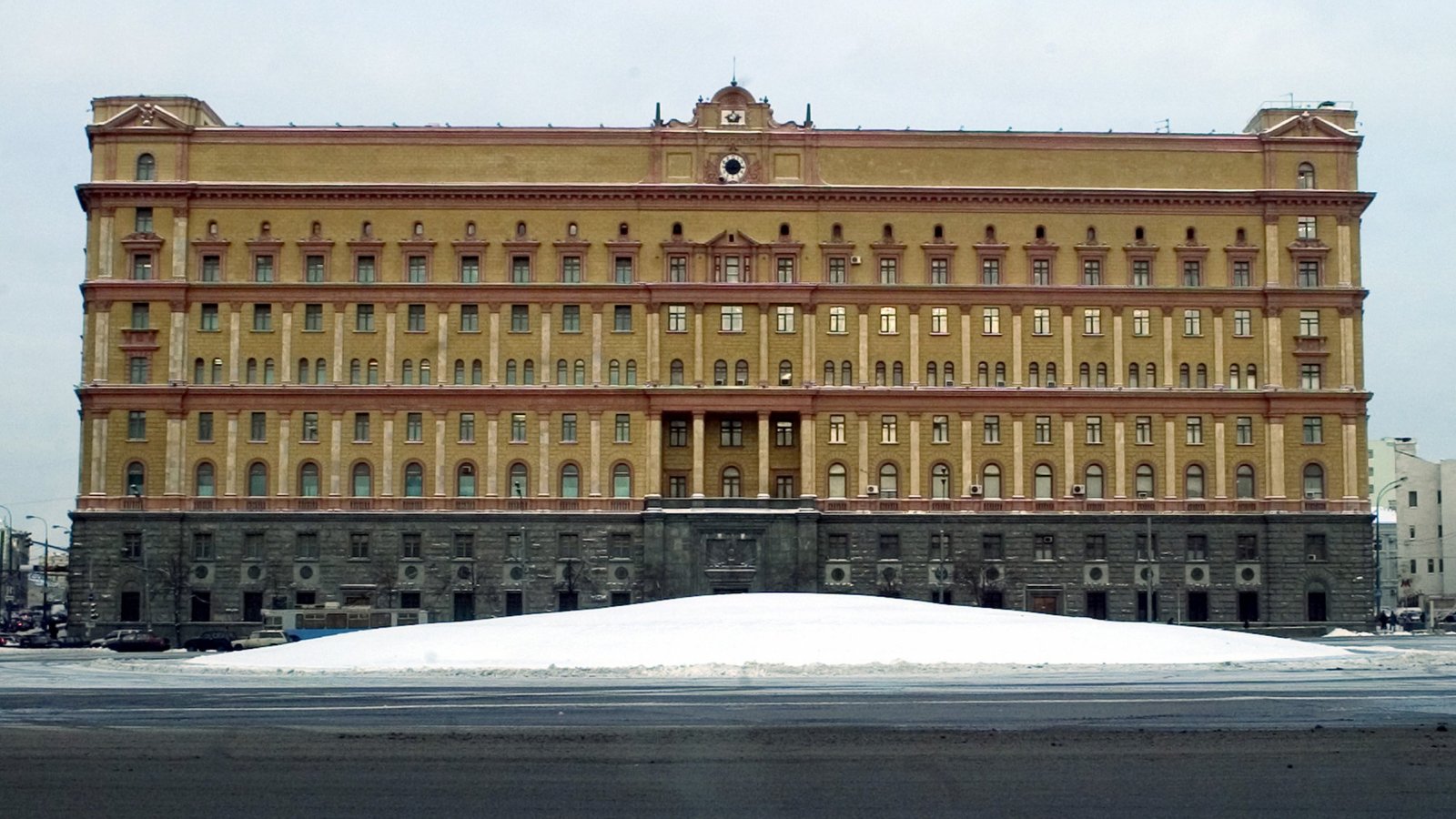
The Daily Beast, using Cold War era KGB training materials, begins its three-part series by examining how Soviet era spies would recruit civilian assets to work on their behalf.
Former Trump campaign foreign policy advisor George Papadopoulos and his foreign contact called The Professor, also known as Joseph Mifsud, offers a fascinating modern-day case study in how these tried and true KGB tactics work:
“I am aware,” wrote FBI Special Agent Robert Gibbs in his affidavit accompanying the federal complaint against George Papadopoulos, the American campaign adviser who confessed he lied to the FBI, “that the Russian government and its intelligence and security services frequently make use of non-governmental intermediaries to achieve their foreign intelligence objectives… I am aware that the Russian government has used individuals associated with academia and think tanks in such a capacity.”
The Daily Beast says while the training manual is 30 years old, the European security service that delivered it believes it is still classified in Russia because it still is in use:
“We assess with high confidence,” an officer from this European service says, speaking on condition of anonymity, “that the thrust of this material is taught at Russia’s intelligence academies even today. Russia’s services are proud of their Cold War history, specific case studies and the lessons learned then continue to be relevant for current operational work.”
Perhaps the most obvious example lies in how Russian operatives used "active measures," a term mentioned often in the old KGB documents, during the 2016 campaign to spread disinformation, widen social divides, and blur the lines between fact and fiction.
Here is Steven Hall, once Langley’s top man in Russia: “Russian intelligence is more sophisticated and better today than it was during the Cold War.” Why? The dictatorship of Putin has got far better resources to play with...Newspaper, radio, and television never possessed the universality and possibilities of the internet, where content is manufactured by anyone with a keyboard and a pulse, and sometimes not even then, but by self-running algorithms.
Technology may have improved by orders of magnitude, but the general contours of these influence operations have not changed overmuch since Lenin’s Cheka, the predecessor of the KGB.
(...)
“This shock in Western societies,” Hall says, “from the Catalonian independence movement, to the German, French elections is naïveté. The Russians never got rusty at this, we just got rusty at identifying it.”
Read more: Revealed: The Secret KGB Manual for Recruiting Spies (The Daily Beast)
Part 2: The KGB Playbook for Infiltrating the Middle East
Part 3: The KGB Playbook for Turning Russians Worldwide Into Agents